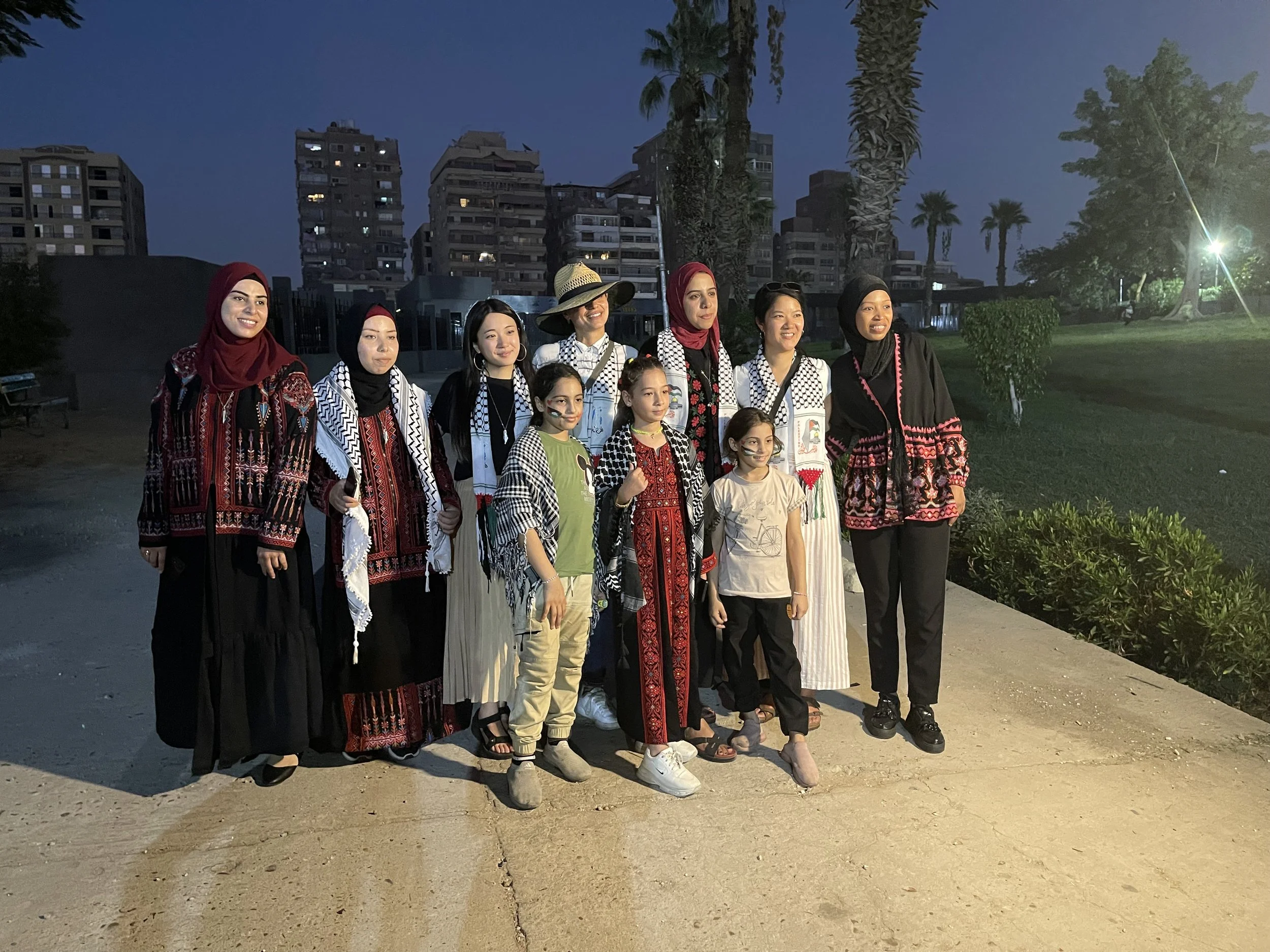Community Organizing & Global Impact
As our roots belong in community organizing, CORE uses a significant portion of our proceeds, time, and labor to give back and work collaboratively with communities locally and globally. Check out some of our key initiatives and projects below.
Want to get involved in this work?
Maasai Participatory Video, UK
In 2024, CORE supported a Maasai delegation to visit the Oxford Pitt Rivers museum to visit their ancestral items that were stolen through colonial violence. This was a groundbreaking meeting where five Maasai families were able to see their ancestral items for the first time in generations. Although Oxford Pitt Rivers was documenting the process, there was a desire for Maasai filmographers to also capture the journey through their own lens. CORE was grateful to fund Maasai filmmakers to join the delegation.
Maila Hålom Film, Guam
CORE is honored to produce, Maila Hålom, a film focused on elevating the Indigenous CHamoru practice of the talayeru (net fisherman), and the challenges of preserving heritage in a rapidly changing world. The film is slated for release in late 2026.
MAIA Colegio Impacto, Guatemala
CORE has supported the professional development of Indigenous Maya women leaders in establishing data collection and evaluation systems for educational programs for Indigenous Maya girls in Guatemala through partnerships with the Ministry of Education and NGOs to advance education, gender equity, and economic opportunities for Indigenous students.
Sanad Initiative, Egypt
CORE is a proud partner of Sanad Initiative, a Gazan-led organization dedicated to supporting the immediate needs of displaced Palestinians both in Egypt and Gaza. Our collaboration has included educational sessions, psychosocial support, and direct cash assistance.
Therapy Stipend, USA
As of 2025, CORE has distributed nearly $20,000 in direct cash assistance to BIPOC, queer, and other minoritized individuals who are seeking therapy. The application was brief and simple, ensuring that it was not a barrier to access.





